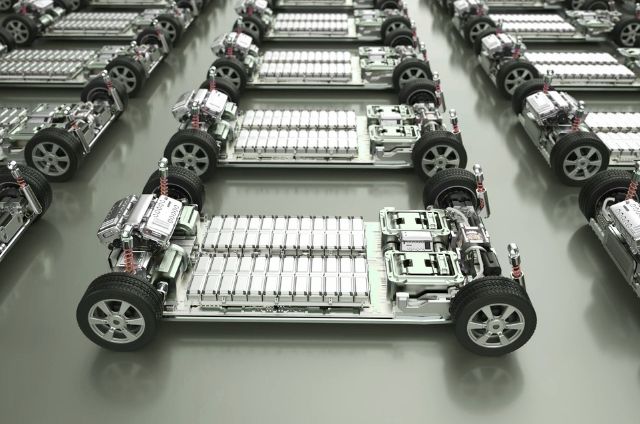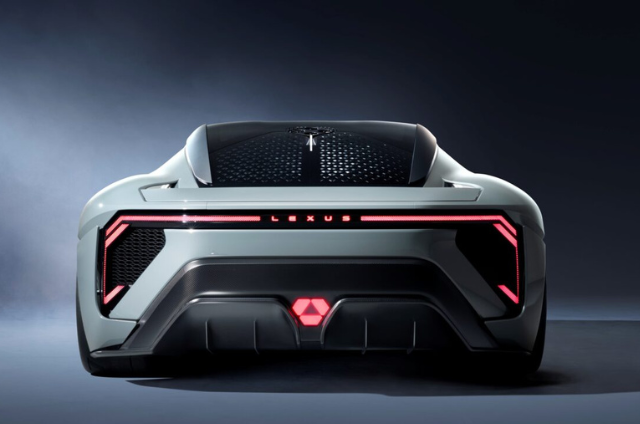Real-World Evidence Is Mounting
For years, critics warned that EV batteries would fade fast, leaving owners with costly replacements. But real-world data tells a different story. From Tesla Model Ys with over 250,000 miles and minimal loss, to Hyundai Ioniq 5s showing only 2% drop after years of use, evidence is clear: modern EV batteries last far longer than expected. Even battery recyclers admit they struggle to find packs because so few have reached end-of-life.
Why Longevity Keeps Improving
Advances in battery chemistry, design, and management systems have dramatically increased durability. Lithium iron phosphate (LFP) batteries are rated for over a million miles, while new sodium-ion cells boast lifespans measured in multiple millions of miles. Meanwhile, even older lithium-ion packs are holding strong, often retaining 85–90% of capacity after hundreds of thousands of kilometers. Each new generation makes EV ownership even more worry-free.
Everyday Driving Makes Range Loss Irrelevant
Most drivers cover only 30–50 miles a day, well within even a degraded battery’s capacity. A drop from 300 miles to 250 miles of range after years of use has little impact on daily life. As one EV owner joked, his “bladder range” is shorter than his car’s battery range, meaning he stops for breaks before the car does. For long trips, charging networks are expanding rapidly, turning range concerns into a fading memory.
Beyond the Road: Second-Life Potential
Even when batteries eventually fall below 70–80% capacity, they don’t stop being useful. Many find second lives as grid storage, backup power, or refurbished packs for other EVs. This extends their utility for decades and reduces pressure on recycling infrastructure. Far from being wasteful, EV batteries are proving to be some of the most durable and versatile energy assets around.
The Bottom Line
Battery degradation once fueled doubts about EVs. Today, real-world experience shows it is practically irrelevant. With lifespans exceeding that of most cars and exciting advances on the horizon, the question isn’t whether batteries last — it’s how many ways they can keep powering our lives.



